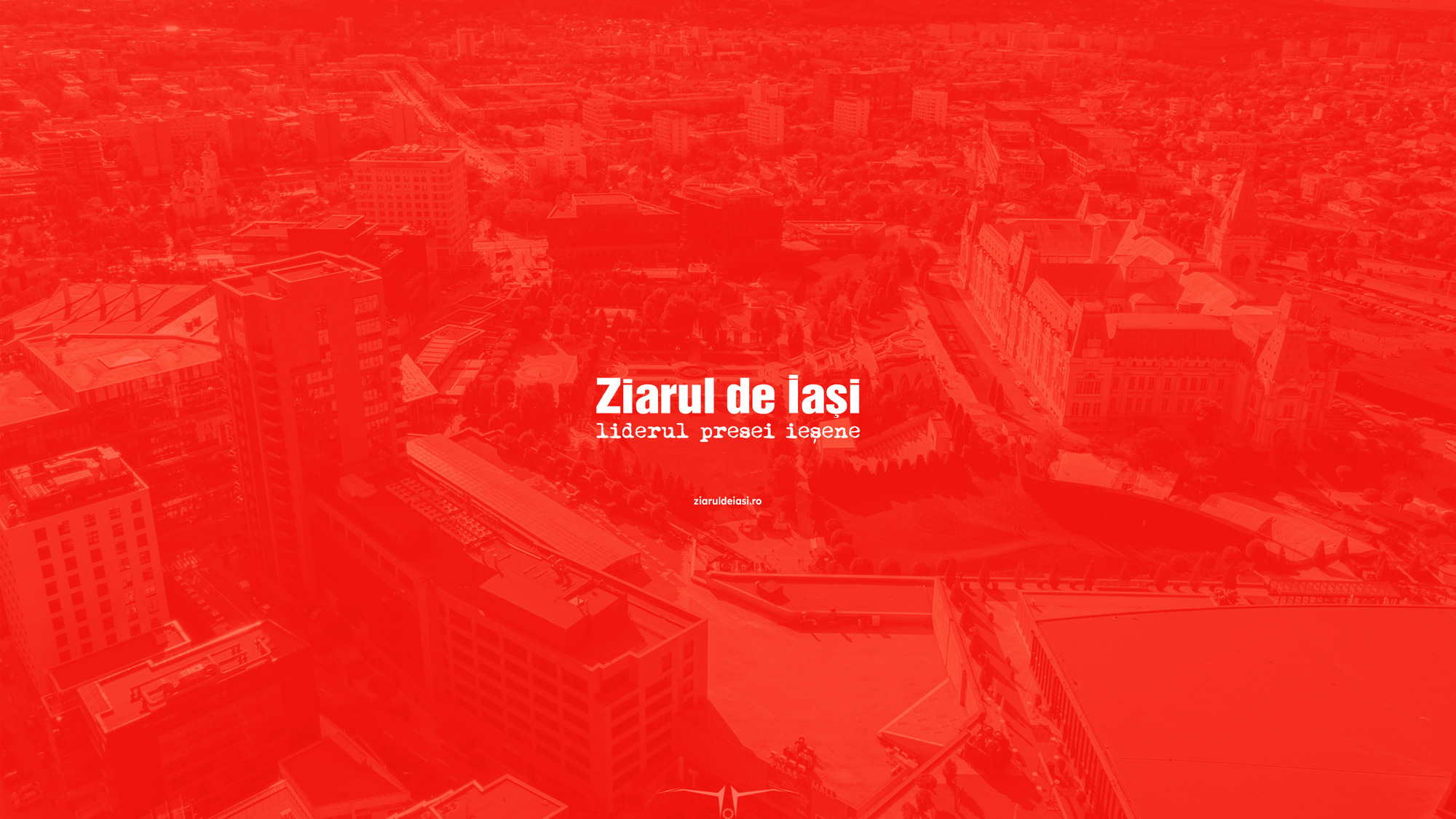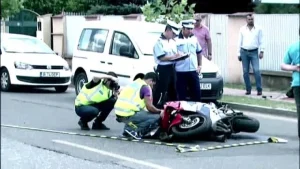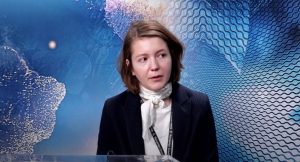
The "new" PDSR is surely much better packed. The big majority of the press analyses notice the fact that the party "dinosaurs", like Vacaroiu or Florin Georgescu were mostly "garaged" on dead tracks, while others, as Dan Martian or Vasile Vacaru are almost out the real political game. Adrian Nastase’s declarations, those of the Foreign Affairs minister Mircea Geoana, of Mihai Tanasescu, the fresh Finance minister or even Ion Iliescu’s ones seem to be encouraging. The pro-Atlantic and pro-European options are declared as explicit as possible. Moreover, the new Executive offers, in contrast with what could be seen over the last four years, the image of a disciplined and effective structure. The ministers don’t publicly contradict each other any more, the Premier Nastase’s authority is beyond any doubt and the communication campaign of the government is quite well led.
But did enough time pass to see what is hidden under the package? Is there only an image, a communication ability or are there real, substantial changes? Even if it is hard to give a final answer, we still have enough elements that allow us a first evaluation. Some of them are positive. Thus, in spite of the first warlike declarations, there followed no definite gestures that prepare Mugur Isarescu’s replacement in his position within BNR (National Bank), even though the reasons why are not very clear. Another positive signal is the fact that, in spite of the vehement protests of PRM and of some individuals in PDSR even, as for instance Adrian Paunescu or George Pruteanu, PDSR supported a law of the local administration with favorable stipulations for the national minorities. This is the effect of an agreement PDSR – UDMR, in which the government party was probably more interested in increasing the quality of its international image than serving the arithmetic of the offer of parliamentarian support from the Hungarian political formation.
On the other hand, beyond the "sounds well" declarations we have now some definite elements, defining for the long run agenda of the current rule. Thus, the same law of the public local administration re-introduce the prefects’ ability to suspend the uncomfortable mayors, which render extremely vulnerable to pressures those who are not PDSR members. Besides Traian Basescu, the main target of the PDSR attack, there will probably be other persons hinted at too, as Constantin Simirad, Gheorghe Funar, the mayors in Timisoara, Brasov, Sibiu or Constanta, all outside the control of the governing party. This "legislative trick" is part of a larger plan of institution annulling, renaming and re-founding. So that, all of a sudden, the "Presidency of Romania" becomes the "presidential Administration", "FPS (State Property Fund)" becomes the "National Authority for Privatization", etc. Thus, the Law of the civil servant doesn’t offer any more protection to the employees that occupied different positions by examinations, as, given the fact that these are new institutions, everybody has to pass a new examination; persona non grata easy to be eliminated.
Another essential sign is represented by the last rulings adopted by the new "Authority for Privatization". They impose so tough conditions at the signing of the privatization contracts that it would be hard to understand that someone be interested in buying state enterprises under the new circumstances; they also reintroduce the damaging idea of restructuring before privatizing. It is hard to foresee, under these conditions, a fundamental change in the approaching of the economic reforms for the period to come, no matter how well the political discourse might be "packed" by the new executive.
Eventually, Radu Timofte’s designation as a SRI director sends another fundamental signal, this time abroad. As well as Ioan Talpes’ presence as the supervising gray eminence of the secret services from the Presidency. Enlarging the discussion, both appointments rise major suspicions in the Occident. It is not only about speculations, but also declarations off the record of some western circles. Who could truly imagine that characters as Radu Timofte, with a whole history of phantasmagoric declarations, accused last year of KGB relationships by a PD (Democratic Party) parliamentarian, or even as Ioan Talpes – with a pretty obscure biography in the area of his activity related to the secret services, will be sympathetically perceived by the NATO officials?
Even if it is maybe too early, these orientation fundamental clews could decipher the real agenda of the new power. Or maybe they express the maximum limits of the game now, that the complicated system of influences in PDSR offers to Adrian Nastase’s team. In which case we could hope that the agenda might be improved on the road. (Alexandru LAZESCU)























